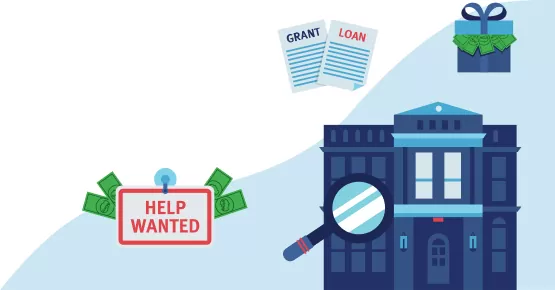Education and Career Financing: Funding Your Future with Smart Financial Planning
Education and career advancement are key to personal and professional growth. However, financing these opportunities can often be a significant challenge. In this article, we explore how to effectively plan for educational expenses, manage student loans, and finance your career development.

Understanding the Cost of Education The cost of education continues to rise, making it important to plan early for tuition, books, housing, and other expenses. Whether you’re pursuing a degree, certification, or skill development, understanding the total cost will help you create a realistic financial plan.
Financial Aid Options There are various financial aid options available to help cover educational expenses, including scholarships, grants, and student loans. Scholarships and grants are often based on merit or need, and they don’t need to be repaid. Student loans, on the other hand, require repayment after graduation, but they offer lower interest rates compared to personal loans.
Student Loan Management Managing student debt is a major financial responsibility for many people. Consolidating loans, refinancing for a better interest rate, and exploring income-driven repayment plans can help ease the burden of student loans. It’s important to start making payments as soon as possible to minimize interest accumulation.
Career Development Funding Investing in your career development can lead to higher earning potential and job satisfaction. Whether you’re pursuing a professional degree, attending conferences, or enrolling in a certification program, financing these opportunities can be done through savings, loans, or employer-sponsored programs.
Conclusion: Financing education and career growth is a long-term commitment. By planning ahead, utilizing financial aid, and managing debt, you can invest in your future and create a successful path toward career advancement and financial security.
What's Your Reaction?


















